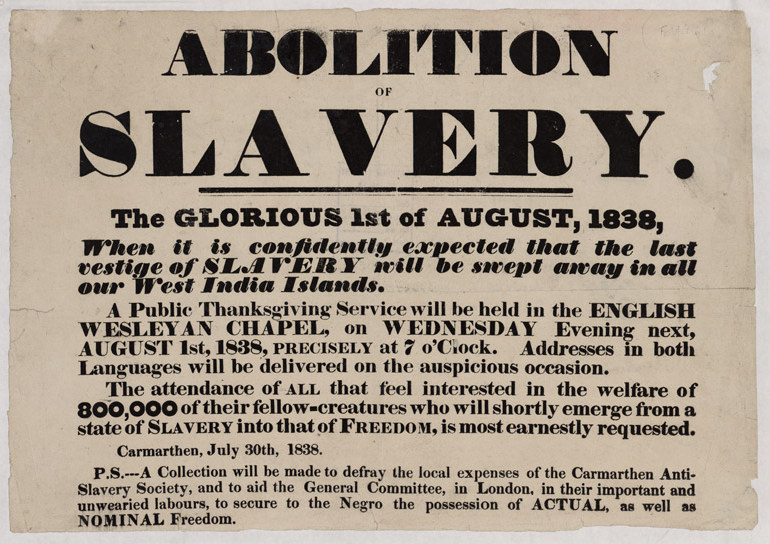Slavery died a long death in the Western World. Abolitionists began mobilizing in the 1700s (chief among them Quakers and other Protestant sects) but took decades of activism, book making, and even armed resistance to succeed.
In the eighteenth and nineteenth century America dealt with the contradiction of being founded on liberty and justice for all…while treating four million humans as literal property for no other reason than their skin color. Strange situations emerged, such as Thomas Jefferson forcefully arguing for universal, innate rights while fathering six children with his slave Sally Hemings.
In this episode we will explore:
- Whether emancipation was the result of religions movements, the Enlightenment, all of these things, or none of them
- Why the first thing emancipated slaves did was look for lost family members. They posted descriptions of family members in newspapers. Most looked in vain and continued to post until World War One.
- How slaves reacted to the very first day of emancipation. Most took a last name (Lincoln and Washington were popular choices) and walked outside the plantation, the first time they had done so.
Cite This Article
"The History of Slavery, Part 5: The Road to Abolition" History on the Net© 2000-2024, Salem Media.
July 27, 2024 <https://www.historyonthenet.com/history-slavery-part-5-road-abolition>
More Citation Information.






